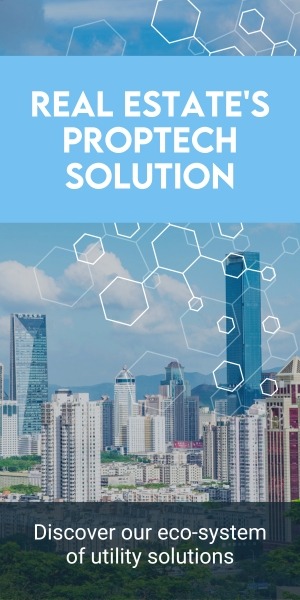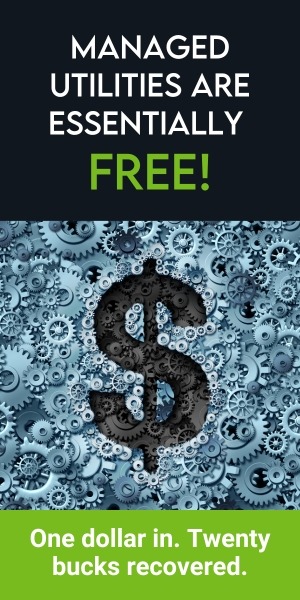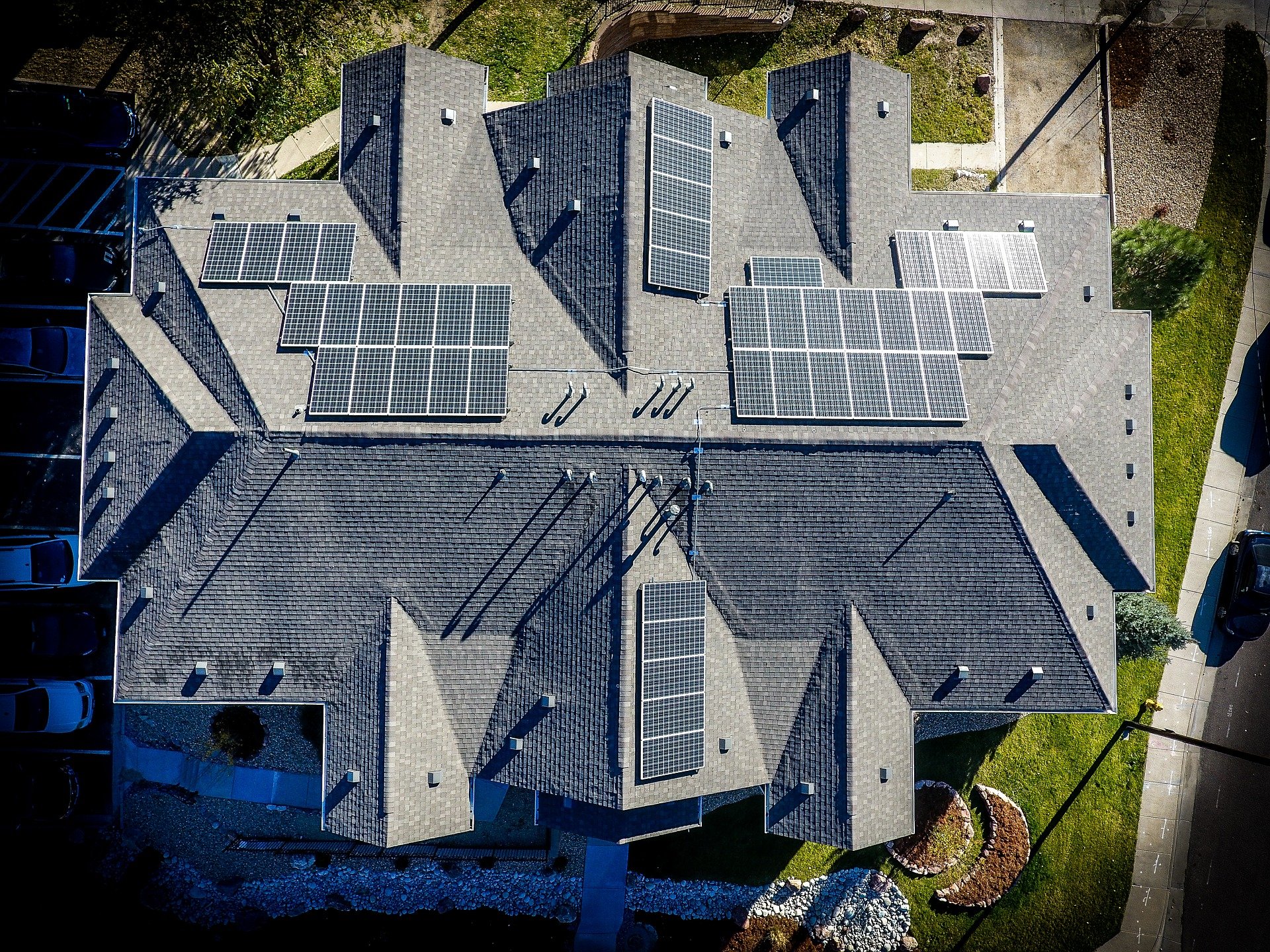Isn’t it odd that annual goals have been around for thousands of years, but we still struggle to accomplish them? Sustainability initiatives are no different, with roughly 96% of sustainability programs failing!
So, what can we do? How can we change the stats and stretch that success rate beyond 4%?
1. Pay attention to the data.
It should come as no surprise that data-driven goals and organizations are far more successful than uninformed ones. For example, a recent study found that data-driven organizations are 162% more likely to surpass their revenue goals.
When we have qualitative and/or quantitative data at our fingertips, we can establish baselines, monitor trends over time, identify areas of improvement, and effectively measure success.
No data? No problem!
Yes, in an ideal world, everyone would have the data they need to set well-informed goals—but every business has to start somewhere. It takes time to accumulate years and years of data. If your business is in this boat, ask yourself the following questions, then establish processes to track and monitor the data.
- What can we track now?
- What do we want to track in the future?
2. Understand the demand.
The real estate sector makes up roughly 39% of worldwide GHG emissions, making property management companies (and the like) highly-influential players in the sustainability movement. And the world is not only watching to see if changes will occur, they’re creating a strong demand for it.
- In 2021, investors were adopting more ESG funds than non-ESG funds.
- In 2021, AMLI Residential published survey results that revealed 89% of residents were concerned about climate change, 71% found healthy living features valuable, and 75% experienced an increased desire to solve environmental issues.
- Over the past decade, more than 50 utility benchmarking requirements have been introduced in the U.S., requiring property owners to report on their consumption annually or be subject to fines. (Many experts to continue to increase in the future.)
- And, on top of all that, a large majority of employees in the workforce now prefer to work for companies with sustainability initiatives, and roughly 30% have even left companies due to non-existent or failing sustainability plans.
To put a spin on the classic Spider-Man quote, “With much property, comes great corporate responsibility.”
3. Think SMART.
In 1981, George T. Doran published a paper outlining the elements of SMART goals. And while these elements may vary from one online source to the next, we’ve found that the most effective sustainability goals are often specific, measurable, achievable, relevant, and time-bound.
Over the next few weeks, our team will share articles discussing each of the individual elements in greater depth, but for the time being, here’s a brief outline you can use to guide you as you’re outlining your goals.
Specific
Specific, clearly defined goals are much more effective than vague or general ones. Take Conservice for example. We could have simply said that our goal is to “reduce carbon emissions,” but that leaves too many questions unanswered, and the success would have been difficult to track. Instead, we announced that we wanted “a 50% reduction in our client’s carbon emissions by 2030.” See the difference?
To steer clear of the vague goal void, ask and answer the standard “w” questions: who, what, where, when, and why.
Measurable
This component is simple. Your success is not visible if your goals are not measurable. After you’ve figured out the specifics of your goals, determine what metrics will be used to measure your success and progress.
Questions to ask:
- How have we measured success in the past? Did it work?
- What key performance indicators (KPIs) or metrics do we want to track?
- Who will be in charge of tracking and managing these metrics?
Achievable
Let me be clear. You want your goals to be achievable, not easy. Achievable goals challenge expectations, push you forward, and effectively meet the needs of most involved parties.
Questions to ask:
- If you have data available, ask yourself, what are your current baselines and limits? What have you achieved in the past? How high can the bar go before you can no longer clear it?
- If you do not have data available, what are similar companies doing? Where are they failing and/or succeeding?
Relevant
While there are many sustainability opportunities and needs across the country, your sustainability goals should always go hand-in-hand with your broader business goals, investor needs, and customer needs.
Questions to ask:
- Why do you need this goal?
- Which goal(s) are most aligned with your company’s initiatives?
- What do your investors or residents want or need most?
- Where can you make the most impact?
Time-Bound
Time-specific deadlines create a sense of urgency, increase accountability, optimize performance, and ultimately increase the chance of a goal’s success.
Questions to ask:
- When can we reasonably accomplish this goal?
- What would it take to accomplish this goal within this timeframe?
4. Make it public
As mentioned above, the world is watching and demanding action. If you have sustainability, ESG, or DEI goals—share them with the world! Share your progress as you work to achieve them. Doing so will provide you with a bit of positive publicity and attract the attention of key audiences like investors and residents. It will also be a way to hold yourself and your team publicly accountable for the goals you set out to accomplish.
5. Collaborate with Experts
Remember, we’re all in this together and you don’t have to go it alone! There are plenty of resources and experts—like Conservice and its ESG platform, Goby—that can increase your efficiency, streamline your data management efforts, identify insights, assist with ESG strategy development, and propel your corporate sustainability efforts forward.






